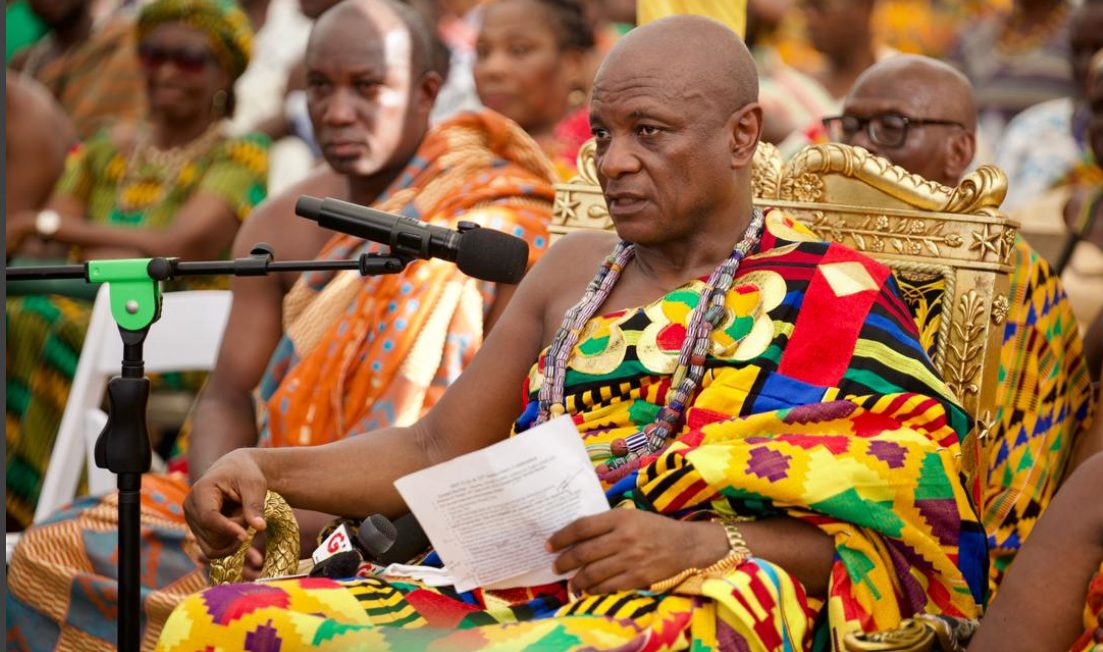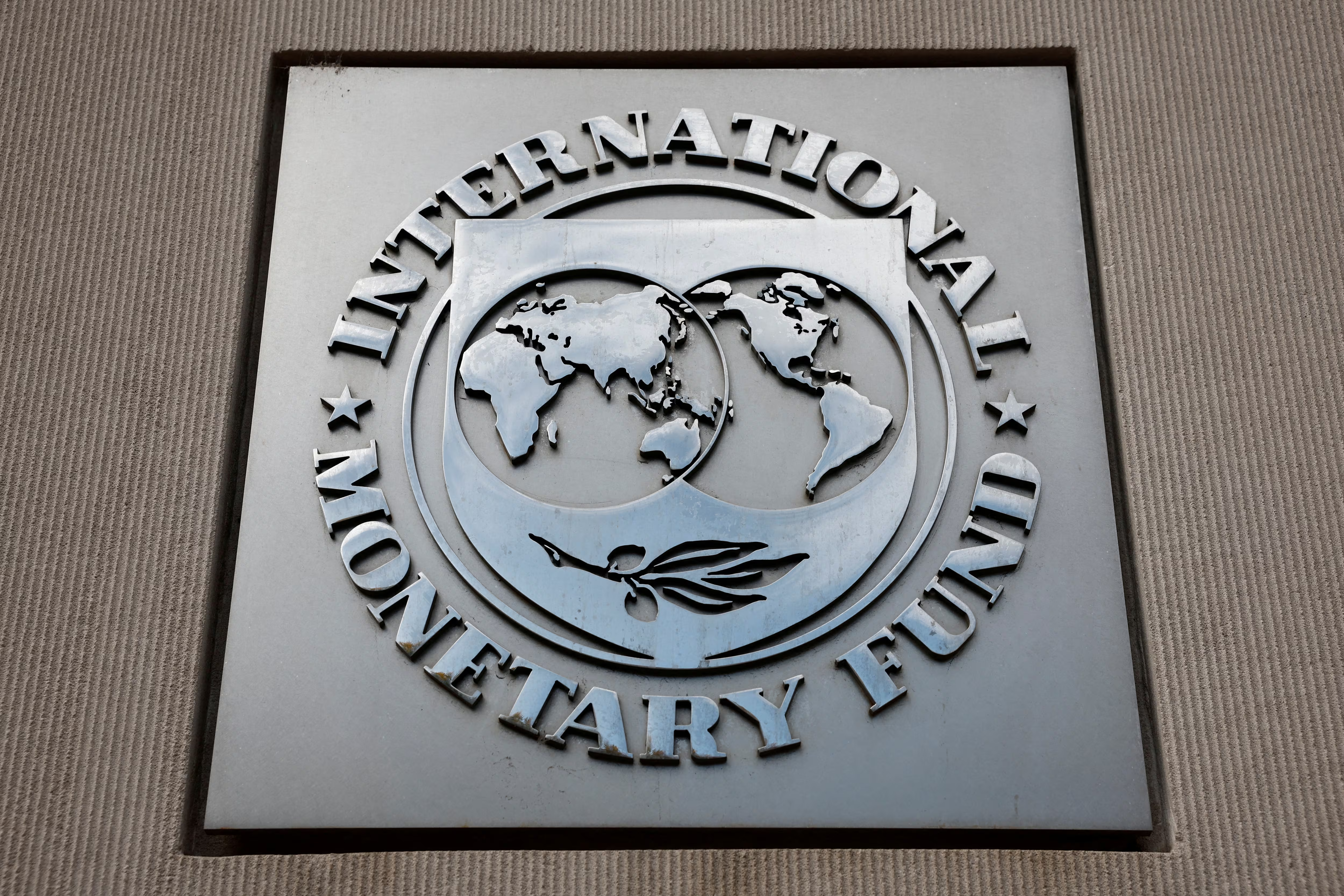Overview of the New Tariff Policy
In a significant shift in global trade strategy, the United States has announced a 10% baseline tariff on nearly all imports from over 180 countries that lack specific trade agreements with the U.S. This policy, spearheaded by President Donald Trump, aims to reshape America’s approach to international commerce by imposing uniform costs on foreign goods entering the country.
The decision is expected to have widespread economic implications, affecting industries, trade partnerships, and global supply chains. Importers across various sectors will now be required to pay additional charges on foreign goods, raising concerns about potential cost increases for consumers and businesses alike.
Impact on Ghana and African Nations
Ghana is among the many African countries that will be directly affected by the new tariff policy. With key exports such as cocoa, textiles, and raw materials being shipped to the U.S., Ghanaian businesses face increased costs that could limit market competitiveness and decrease export profitability.
Other African nations, including South Africa, Nigeria, and Kenya, are also expected to feel the effects, as their trade relations with the U.S. could suffer setbacks. Historically, African economies have benefited from open trade policies, allowing their industries to thrive in the American market without excessive financial burdens. However, the new tariff regime poses challenges that may alter investment patterns and trade volume.
Trump’s Justification for the Tariff
President Trump has framed the new policy as a protectionist measure, intended to defend American businesses from foreign competition. According to Trump, the 10% tariff serves three major purposes:
Trump has further dubbed the tariff implementation “Liberation Day,” emphasizing its potential to restore fairness in international trade and boost American job growth.
Concerns and Criticism
Despite Trump’s optimism, critics argue that the new tariffs could increase consumer prices, cause economic instability, and strain diplomatic relations between the U.S. and affected countries. Opponents warn that U.S. importers may struggle with higher operational costs, potentially passing these expenses onto consumers through price hikes on everyday goods.
Many governments are exploring retaliatory tariffs, which could trigger a global trade war, further complicating international economic stability. African leaders, trade analysts, and businesses have expressed apprehension about the policy’s unintended consequences, questioning whether the measure will truly benefit U.S. industries or merely disrupt established trade patterns.
Looking Ahead
As the tariff policy takes effect, economic experts are closely monitoring trade volumes, investment shifts, and price fluctuations in both the U.S. and impacted countries. African nations, including Ghana, must now evaluate alternative trade strategies, seeking new markets or renegotiating trade terms to safeguard their economies.
Ultimately, whether these sweeping changes will yield long-term benefits or economic strain remains uncertain. What is clear, however, is that the global trade landscape is undergoing a significant transformation, with nations around the world adjusting to the evolving rules of commerce.








